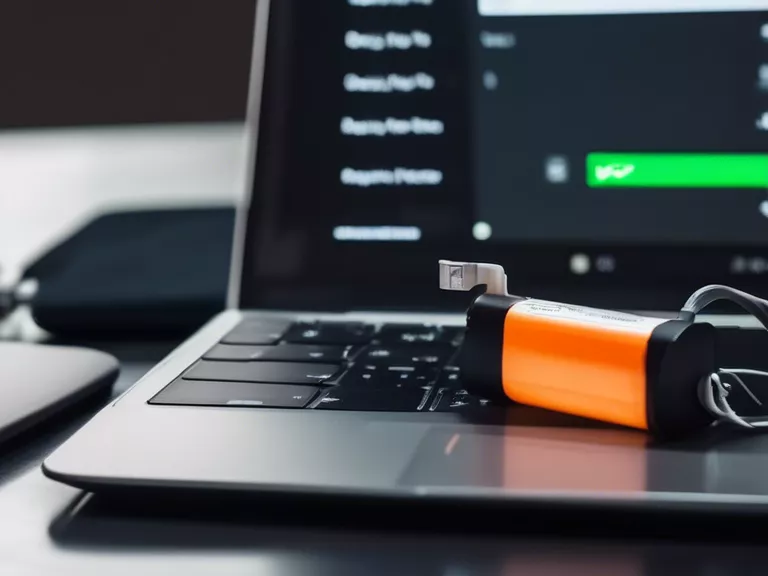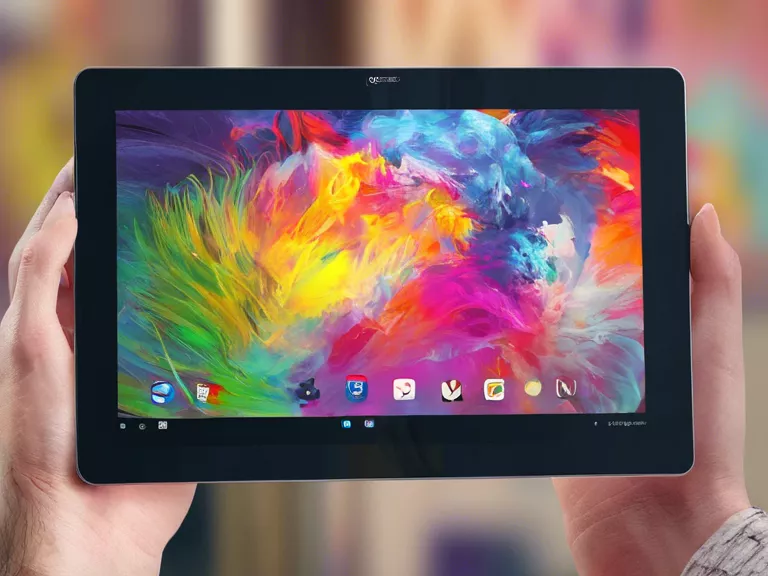
In today’s digital age, protecting your laptop from viruses and malware attacks is more crucial than ever. These malicious software can corrupt your files, steal your personal information, and even render your device unusable. To safeguard your laptop from such threats, here are some essential tips to follow:
Install antivirus software: The first line of defense against viruses and malware is a reliable antivirus program. Make sure to regularly update it to ensure that your laptop is protected from the latest threats.
Keep your operating system updated: Software updates often contain security patches that fix vulnerabilities that can be exploited by malware. Enable automatic updates to ensure that your laptop’s operating system is always up-to-date.
Be cautious with email attachments and links: A common way for viruses to infect your laptop is through malicious email attachments or links. Avoid opening attachments or clicking on links from unknown senders, and always verify the authenticity of the sender before downloading any files.
Use a virtual private network (VPN): A VPN encrypts your internet connection and masks your IP address, making it harder for hackers to intercept your data or infect your laptop with malware. Consider using a VPN, especially when connecting to public Wi-Fi networks.
Backup your data regularly: In the event that your laptop does get infected by a virus or malware, having a recent backup of your data ensures that you can easily restore your files without losing any important information.
By following these tips, you can significantly reduce the risk of your laptop falling victim to viruses and malware attacks. Stay vigilant and proactive in protecting your device, and you can enjoy a safe and secure computing experience.



